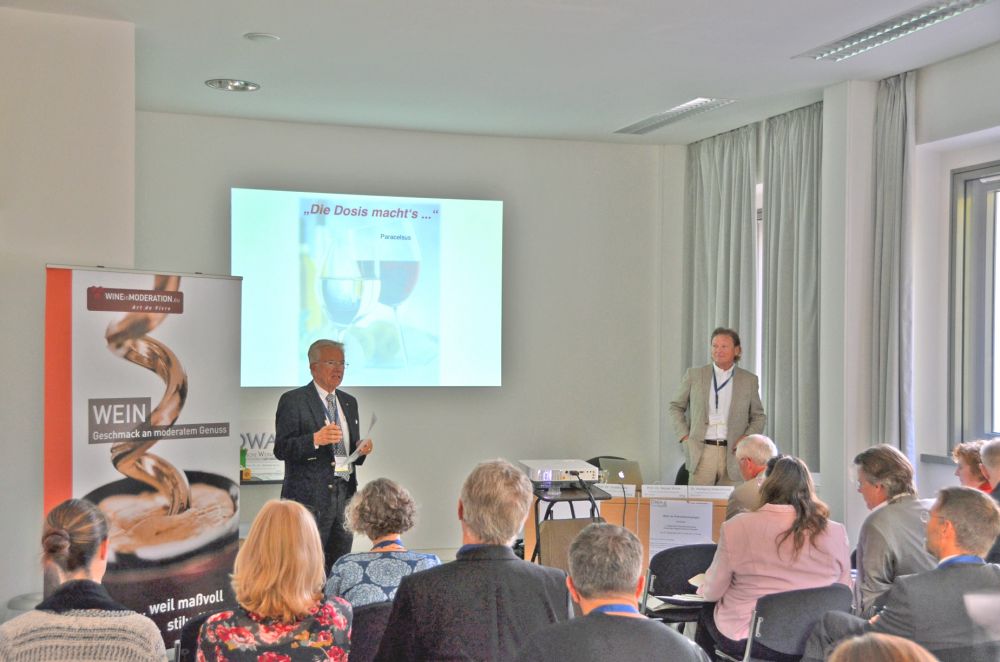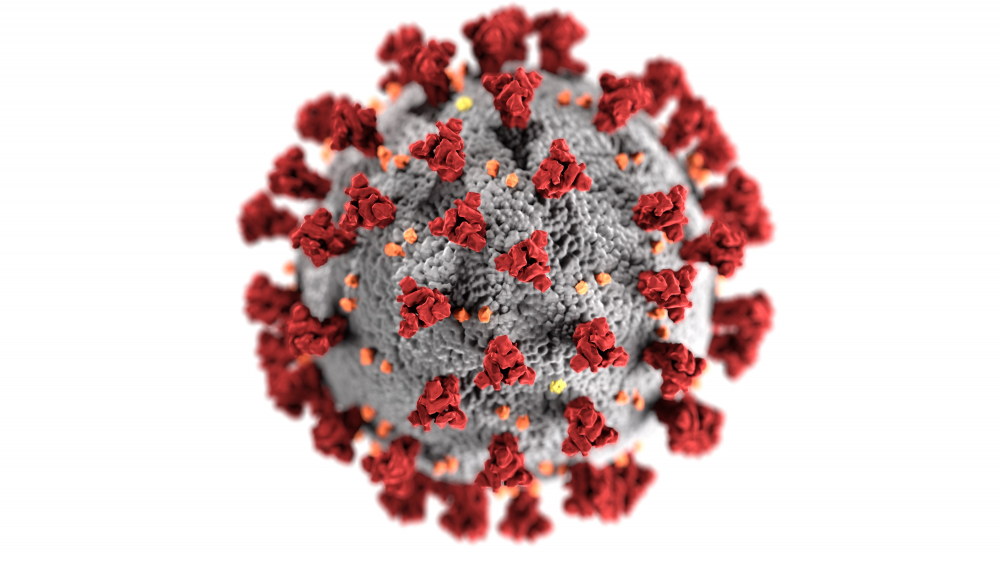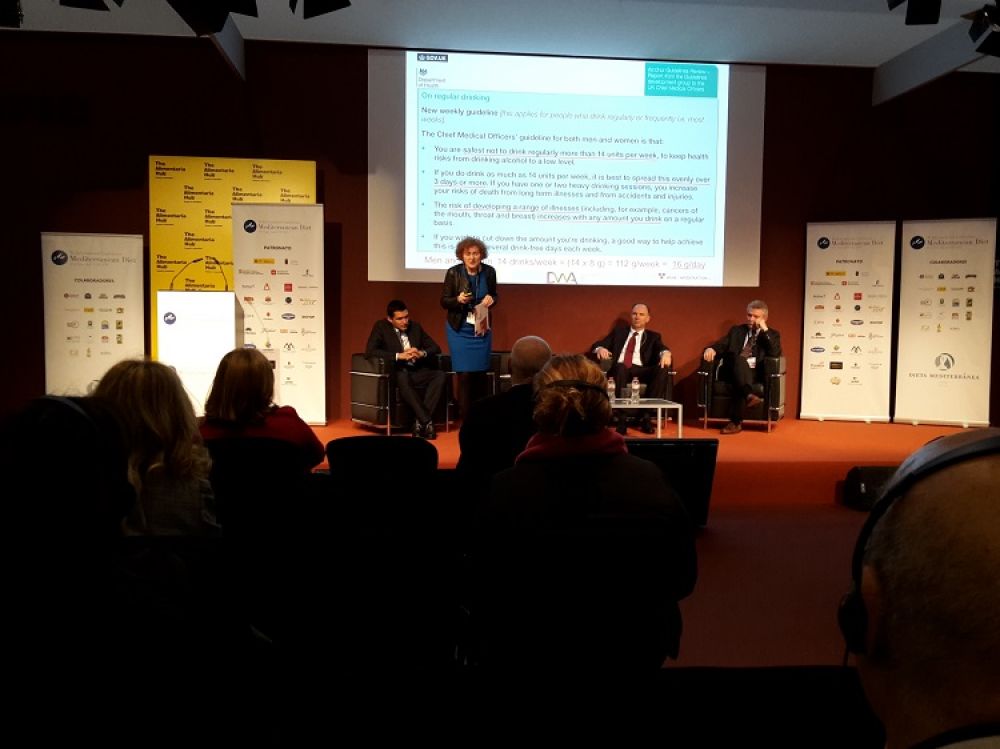02.12.2014

With scientific symposia, the Deutsche Weinakademie informs physicians and other health professionals (high profile multipliers) competently about “Wine, health and social aspects”. This professional group was purposely chosen as the primary target group since they have the scientific background to understand and evaluate the research data and inform their patients (consumers) profoundly about the benefits and risks of wine consumption.
Prof. N. Worm, a well-known scientist, explained that according to the latest scientific evidence, moderate wine/alcohol consumption significantly reduces the risk of the metabolic syndrome, diabetes and lowers the cardiovascular and total mortality. He concluded that based on these results, moderate wine consumption can be part of a healthy lifestyle.
Psychologist Dr. W. Settertobulte, a well-known opinion leader, presented data, which show that even though the alcohol intake of young people is decreasing, the age of the first drink is lower than ever before and a binge-drinking pattern of mostly spirits is predominant. The main objective of young people is to get drunk. Based on this evidence, he explained that the prevention strategies are also changing, away from not drinking any alcohol at all to strategies promoting a responsible and safe use. Such strategies are closer to the habits of young people and increase the credibility of alcohol prevention strategies.
The combination of speakers – one with a medical background and the other with a sociological background – was quite unique and the 60 health professionals present at the workshop engaged in an animated discussion.Leaflets and brochures were distributed, with a rather wide press coverage (1,491 media contacts, article in AIM newsletter, TV interview with Prof. Worm, WIC newsletter, VINOMED and Der Tagesspiegel).





